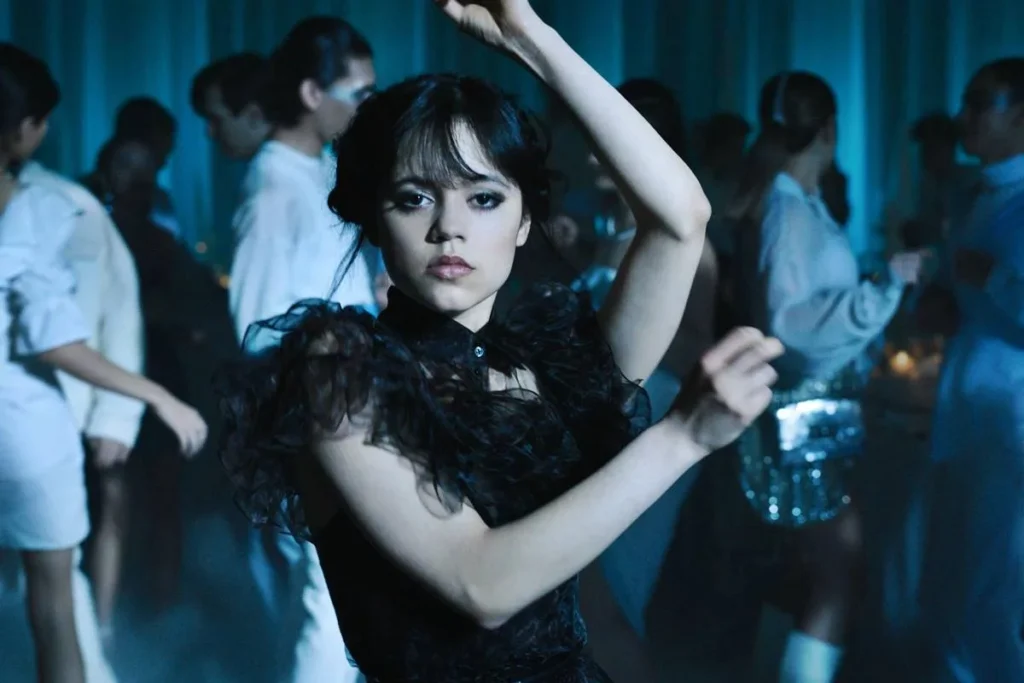Actress Jenna Ortega has spoken out about her “terrifying” experience with artificial intelligence (AI) on social media, revealing that she deleted her account after encountering AI-generated pornographic images of herself as a minor.
In an interview with The New York Times, Ortega, 21, expressed her disdain for AI, citing its potential for abuse and exploitation. She recalled opening her first direct message on Twitter at age 12, only to find an unsolicited picture of a man’s genitals. The situation worsened after the release of “Wednesday” in 2022, with Ortega facing an influx of “absurd images and photos” that made her feel uncomfortable and disgusted.
Ortega’s concerns highlight a growing pattern of nonconsensual AI-generated deepfakes targeting women and girls. Research shows that more nonconsensual sexually explicit deepfake videos were posted last year than in all previous years combined. Ortega is among the 40 most-targeted celebrity women on the biggest deepfake website, and has been featured in manipulated ads for an app that claims to “undress” women using AI.
The issue extends beyond celebrities, with teen girls in the US increasingly victimized by fake nude photos made with AI. Some states have enacted legislation to target deepfake pornography, but legal recourse remains varied and lacking cohesion nationwide. Incidents at schools have sparked fear among families, with students facing expulsion for creating and sharing fake nude images of their classmates using generative AI.
Ortega’s experience serves as a stark reminder of the need for greater awareness and action against AI-generated exploitation. As the technology continues to evolve, it is essential to address the harmful consequences and ensure that individuals, especially minors, are protected from such abuse.



